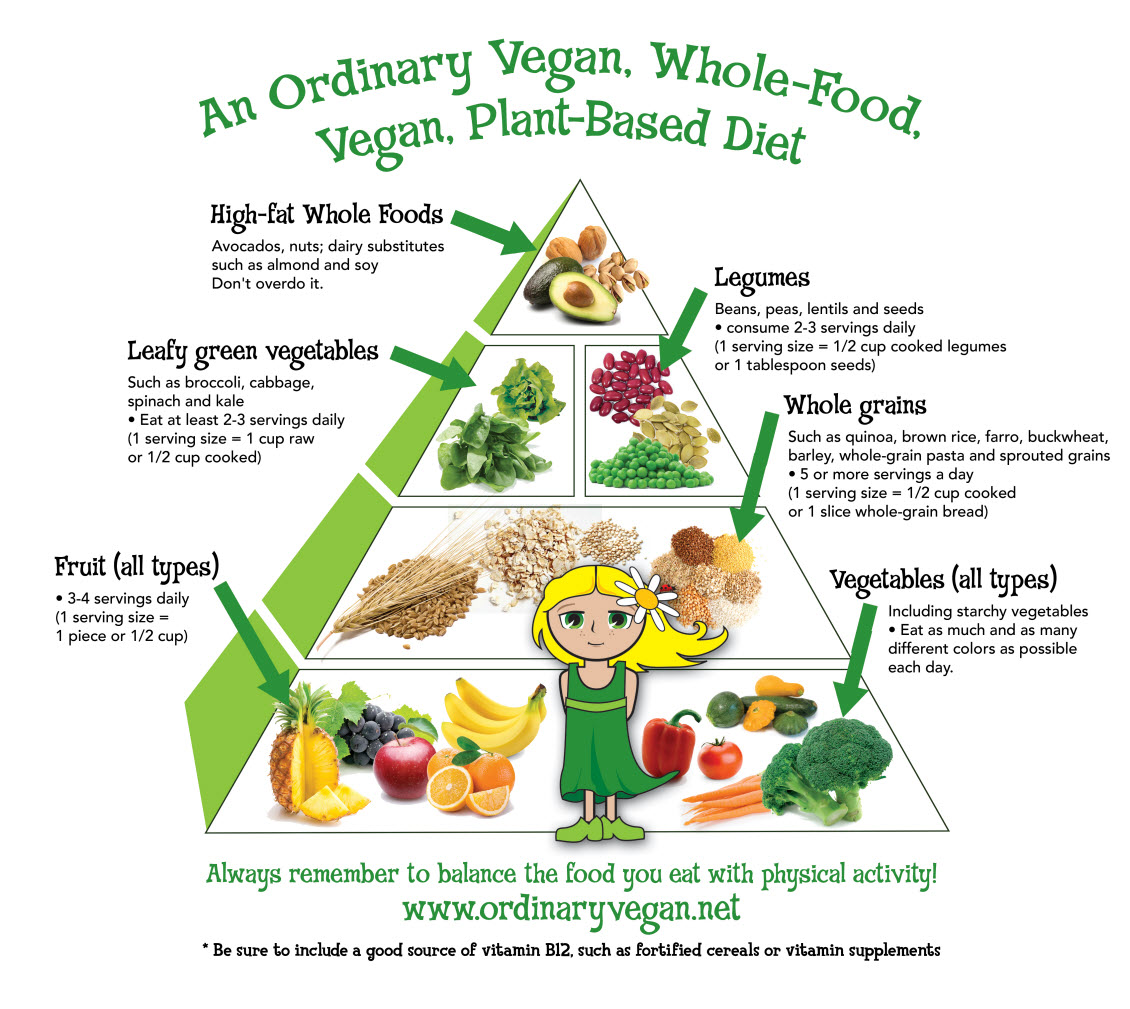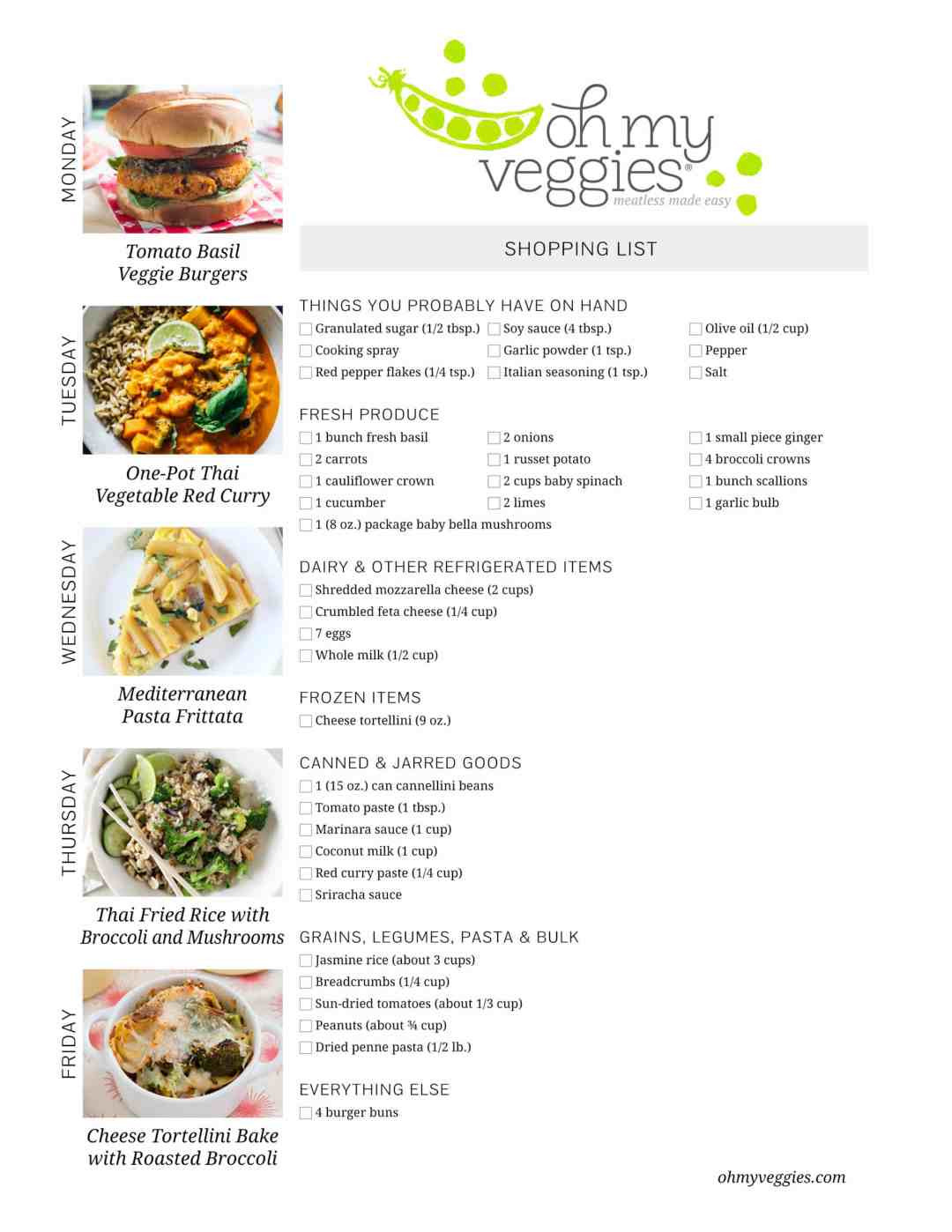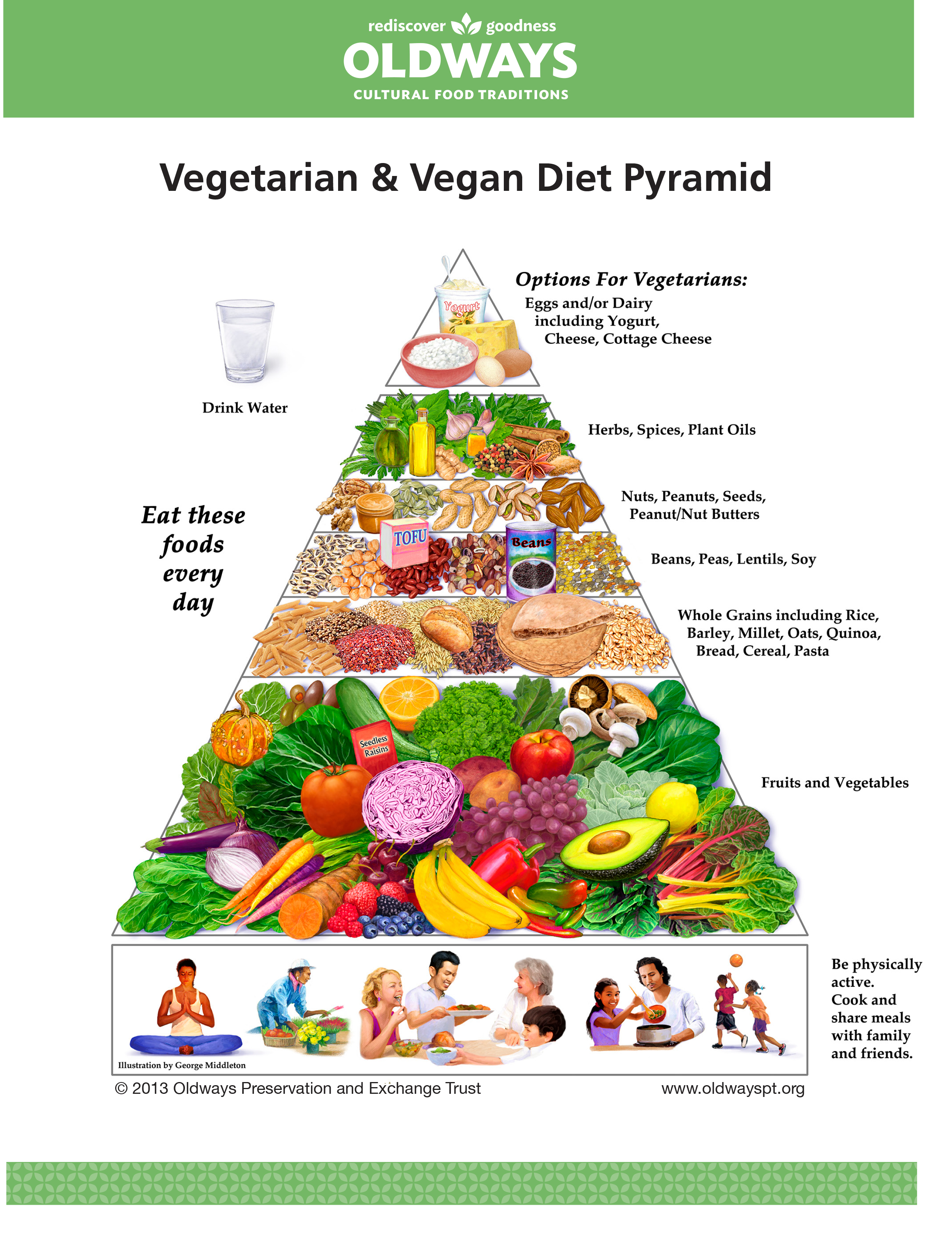A Good Vegan Diet Plan
Monday, January 23, 2023
Edit

nya. A Good Vegan Diet
Introduction
Veganism is a lifestyle choice that has been gaining popularity in recent years, and with good reason. Following a vegan diet has numerous benefits for your health, the environment, and the welfare of animals. A good vegan diet is one that is balanced and provides all the nutrients your body needs to stay healthy. This article will explore the different benefits of a vegan diet and help you understand how to eat healthily as a vegan.The Benefits of a Vegan Diet
The benefits of a vegan diet are numerous. To begin with, vegans typically consume fewer calories and less saturated fat than those on an omnivorous diet, both of which can lead to weight loss. Additionally, vegans consume more fiber, which can help improve digestive health and reduce the risk of diabetes, heart disease, and some types of cancer. Furthermore, vegan diets can be beneficial for the environment. The production of animal products requires significantly more land, water, and energy than the production of plant-based foods. Additionally, animal agriculture is responsible for a large percentage of greenhouse gas emissions. Switching to a vegan diet can reduce your personal carbon footprint and help combat climate change. Finally, veganism is beneficial to animal welfare. By not consuming animal products, you are helping to reduce the demand for animal-based foods, which can lead to fewer animals being harmed and killed for food.How to Eat a Healthy Vegan Diet
A healthy vegan diet should include a variety of plant-based foods, including fruits, vegetables, whole grains, legumes, nuts, and seeds. It is important to ensure that you are meeting your daily nutrient requirements by consuming a variety of these foods. Additionally, vegans should consider taking a vitamin B12 supplement and possibly a vitamin D supplement, as these are typically only found in animal products. When it comes to meal planning, it is important to ensure that you are including a wide variety of foods in your diet. A good way to do this is to focus on different food groups each day, for example having a day where you focus on legumes, a day where you focus on whole grains, and a day where you focus on nuts and seeds. Additionally, it can be helpful to plan your meals in advance and make sure they include a balance of carbohydrates, proteins, and healthy fats.The Benefits of a Plant-Based Diet
In addition to being vegan, you can also choose to follow a plant-based diet. A plant-based diet is one that is focused on whole, plant-based foods, such as fruits, vegetables, whole grains, legumes, nuts, and seeds. This type of diet can provide a wide range of health benefits, including reduced risk of chronic diseases, improved digestion, and weight loss. Additionally, a plant-based diet is generally better for the environment, as it requires fewer resources to produce than a diet that includes animal products.Conclusion
A vegan diet can have numerous benefits for your health, the environment, and the welfare of animals. It is important to ensure that you are eating a balanced vegan diet that meets your daily nutrient requirements. Additionally, you can choose to follow a plant-based diet which is focused on whole, plant-based foods. By following a vegan or plant-based diet, you can enjoy the numerous health and environmental benefits that come with it.Vegan Food Pyramid For Health & Wellness

Developing A Good Vegan Meal Plan - Vegan Meal Plan

15 Fantastic Best Vegan Diet Plan - Best Product Reviews

Oldways Vegetarian/Vegan Diet Pyramid | Oldways

Vegan Diet For Beginners - Diet Plan
Vegan no sugar diet plan – Health Blog

Vegan Meal Planner And Grocery List - Andi Healthy

Vegan Diet Plan - See Vegetarian Weight Loss Results | Vegans, Diet

5 Day Easy Vegan Meal Plan | Vegan Diet Plan for Beginners

Vegan Meal Plan | 01.30.17
